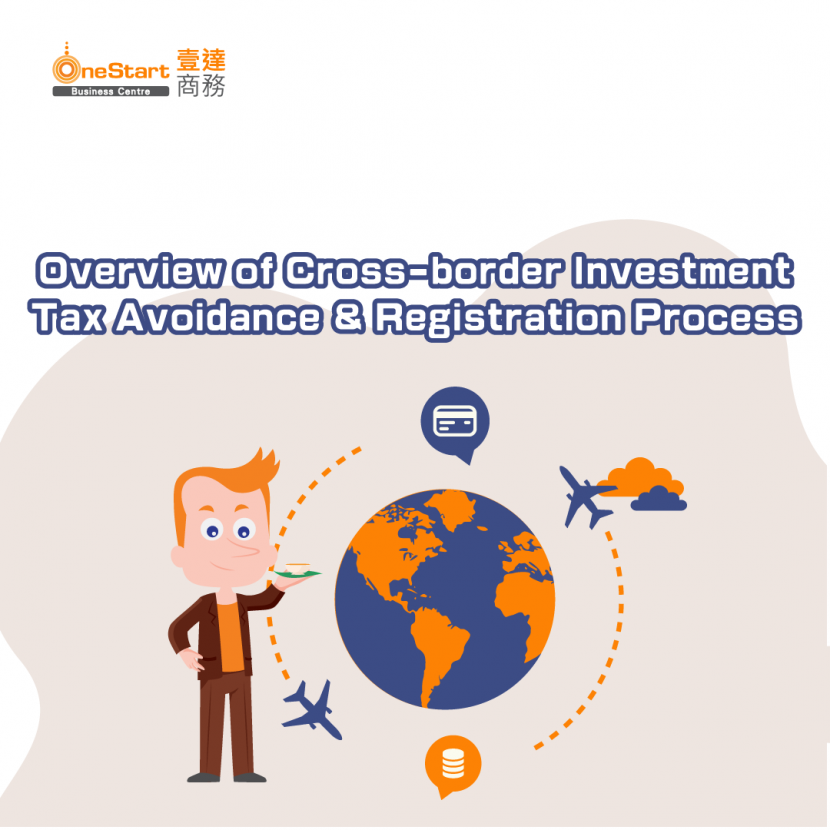Related Articles:
Advantages and Challenges of Setting Up a Business in Mainland China
Why Should Trademark Registration Be Done ASAP? 7 Key IP Points Every Startup Founder Should Know
Table of Contents |
With the development of globalization, asset allocation and cross-border investment are no longer exclusive to large corporations. More and more SMEs and individual investors are actively exploring overseas structures. Among them, setting up an offshore company has become a flexible, confidential, and cost-effective strategic tool.
Where does the appeal of an offshore company come from? Facing uncertainties in international markets and constantly changing tax environments, an offshore company offers a relatively stable and strategically flexible option. For investors seeking to expand into overseas markets, optimize tax structures, or protect assets, the Cayman Islands and the British Virgin Islands (BVI) have long been among the most popular jurisdictions due to their sound legal systems, ease of setup, and high confidentiality.
1. What is an Offshore Company?
Definition of Offshore Company: An offshore company is incorporated in a jurisdiction where the company does not conduct its main business activities (usually a low-tax or tax-free jurisdiction). These companies typically enjoy exemptions from local taxes, simplified reporting requirements, and protection of shareholder/director privacy.
Overview of Cayman and BVI Companies:
- Cayman Islands: Known for political stability, simple tax structures, and strong international reputation, it is a preferred registration location for hedge funds, private equity, and multinational corporations.
- BVI (British Virgin Islands): Lower cost and quick setup, making it a favorite jurisdiction for SMEs and individual investors.
Privacy and Confidentiality Advantages: Unlike Hong Kong and other local companies where shareholder/director information is public, Cayman and BVI do not disclose such information. Both jurisdictions have mechanisms to protect the identities of directors and ultimate beneficial owners, with disclosure only required under specific circumstances (e.g., court orders).

2. Process of Setting Up a Company
Registration steps and required documents:
- Select jurisdiction (Cayman or BVI) and company name
- Appoint a registered agent and company secretary service
- Submit basic information (identity and address proof of shareholders and directors)
- Pay registration fees
Most offshore companies do not need to file audited reports but must keep accounting records and may be subject to regional regulations (such as CRS and FATCA).
Cross-Border Trade and Flexible Capital Use: Offshore companies not only provide tax planning opportunities but also offer a flexible platform for cross-border transactions. By using an offshore company as a procurement or distribution hub, businesses can plan transshipment to reduce import/export costs.
Avoiding Foreign Exchange Controls and Financing Flexibility: For businesses planning to expand into markets with stricter capital controls (such as Mainland China), offshore companies can facilitate financing, equity arrangements, or brand licensing to reduce policy risks and capital flow obstacles.

3. Risks and Compliance Notes
International cooperation has become closer in recent years. Both Cayman and BVI are under CRS (Common Reporting Standard) frameworks, requiring banks and agents to conduct due diligence (KYC) on ultimate beneficial owners.
Regulation Updates and Economic Substance Requirements: BVI recently introduced economic substance requirements, meaning certain types of companies must have a physical presence locally or face penalties or deregistration.
Investor Advice: Stay updated on regulatory changes and consult professionals to assess the risks and suitability of offshore structures.

4. Conclusion
Whether for tax planning, asset protection, or business internationalization, Cayman and BVI offshore companies provide attractive structure options for SMEs and individual investors. Their legality, flexibility, and cost-effectiveness make them important tools for cross-border development and asset management.
OneStart Business Centre is here to provide you with comprehensive services for offshore company formation. For more details, call us at 3575 6888, or contact us via WhatsApp.
Click here to contact us on WhatsApp:
Learn more about our related services:
 |
 |
 |













